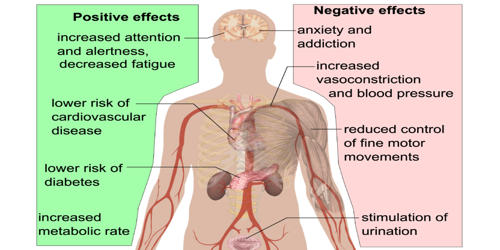Nitrogen Deficiency is a situation in which plants do not receive enough nitrogen, an important nutrient for their growth and development. Plants suffer from a nitrogen deficit. Nitrogen is an essential component of protein, chlorophyll, and other plant components. This can happen when you add organic stuff with a high carbon content to soil, such as sawdust.
Soil organisms use whatever nitrogen is available to break down carbon sources, rendering nitrogen inaccessible to plants. When plants do not receive enough nitrogen, it can have a variety of detrimental impacts on their health and output. This is referred to as “nitrogen depletion” in the soil. Except for nitrogen-fixing legumes, all vegetables are susceptible to this disease.
Nitrogen deficit can be avoided by utilizing grass mowings as mulch or foliar feeding with manure. Sowing green manure crops like grazing rye to cover the soil over the winter will help to avoid nitrogen leaching, whereas leguminous green manures like winter tares will fix extra nitrogen from the air. Furthermore, a faulty irrigation system in the field might induce nitrogen loss in plants by allowing stagnant water in the field to evaporate into the air.
Here are some common signs and consequences of nitrogen deficiency in plants:
- Yellowing of leaves (Chlorosis): One of the most noticeable symptoms of nitrogen deficiency is the yellowing of older leaves, starting from the bottom of the plant and progressing upwards. This is because nitrogen is a key component of chlorophyll, the green pigment responsible for photosynthesis. A lack of nitrogen hinders chlorophyll production, leading to a loss of green color in leaves.
- Stunted growth: Nitrogen is essential for promoting plant growth, and its deficiency can result in stunted or slow growth. Plants lacking sufficient nitrogen may appear smaller than healthy plants, with shorter stems and smaller leaves.
- Delayed flowering and fruiting: Nitrogen deficiency can delay the onset of flowering and reduce the number of flowers and fruits produced by the plant. This can impact crop yields and overall productivity.
- Reduced protein content: Nitrogen is a critical component of amino acids, the building blocks of proteins. A deficiency in nitrogen can lead to a reduction in protein synthesis within the plant, affecting its overall nutritional content.
- Increased susceptibility to diseases and pests: Nitrogen-deficient plants are often more susceptible to diseases and pest infestations. Weakened plants are less able to defend themselves against pathogens and may experience a decline in overall health.
Nitrogen fertilizers can be used to treat plant nitrogen shortage. Ammonium nitrate, urea, and ammonium sulfate are some of the most common nitrogen fertilizers. However, it is critical to use fertilizers in the proper amounts and at the appropriate periods to avoid overfertilization, which can be harmful to both plants and the environment. Crop rotation, cover cropping, and organic matter absorption are all sustainable techniques that can assist boost nitrogen levels in the soil over time.
















